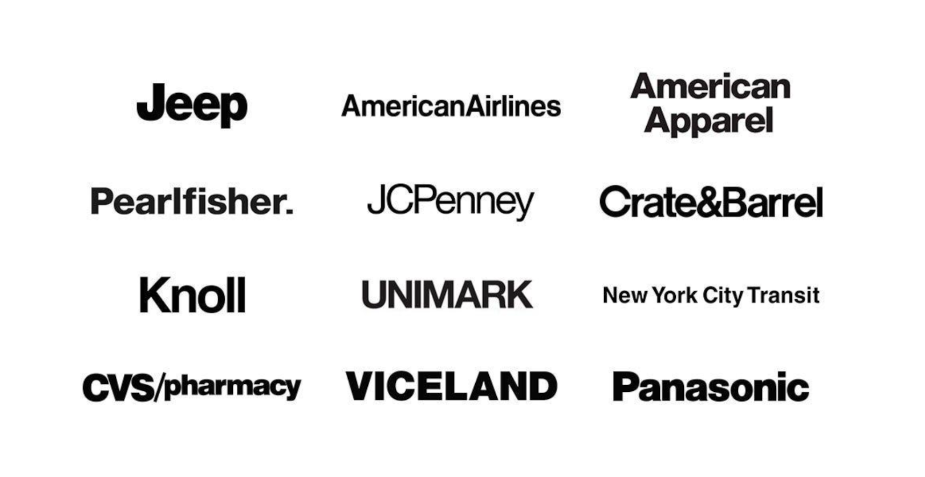
AI and the Beige-ing of Brands: Don’t Let Efficiency Erase Distinction

In the relentless pursuit of efficiency, brands risk succumbing to the homogenising power of artificial intelligence (AI), turning the vibrant spectrum of consumer choice into a sea of beige. We’ve already seen it with the Helvetica-isation of brand logos in the digital era.

As AI becomes the linchpin of modern business operations, there’s a danger that, the unique intangibles that make each brand distinct might fade away in the quest for streamlined processes.
Efficiency is undoubtedly the mantra of the day. With its ability to analyse vast datasets, predict consumer behaviour and automate tasks, AI promises a leaner, meaner corporate landscape. However, this efficiency shouldn’t come at the cost of the very essence that makes brands stand out in a crowded market.
Looking into the experience crystal ball, this would take us to a world where every brand is a variation of the same monotonous theme, where a cold, calculated algorithm replaces the creative spark that once fuelled innovation. It’s a world where branding is reduced to a science, and the human touch is sanitised from consumer experiences.
In its unbridled pursuit of efficiency, AI can inadvertently contribute to what we’ll call the 'beige-ing' of brands. The danger lies in the over-reliance on algorithms to weigh consumer preferences and the lack of strong brand filters to run these preferences through.
Just look at streaming. Every platform (I will give Netflix an exception for now) - from Apple TV+ to Prime Video, from Disney+ to MAX - their build for functionality, driven by the same data points and trends, leads to a cycle of sameness where brands begin to mirror each other. It’s part of why the industry as a whole, once considered the second simplest industry, is now sixth. In the same study, viewers ranked deciphering a medical bill as less complex than researching a streaming provider.
The recommendations generated by AI algorithms, while based on numbers and analytics, run the risk of creating echo chambers where product and marketing teams are only exposed to what they already know. This narrow focus limits consumer choice and stifles the serendipity of teams that often lead to ground breaking innovations.
Furthermore, the increasing use of AI in content creation and marketing can result in a sea of generic, formulaic campaigns that lack the human touch. When the heart and soul of a brand are replaced by 'but this is what works,' the emotional connection between consumers and brands is weakened, and loyalty becomes a casualty of the beige-ing process.
To counteract this trend, businesses must strike a delicate balance between efficiency and distinctiveness. Embrace AI as a tool, not a replacement, for human creativity. Use it to augment, not substitute, the unique elements that define a brand’s identity. Find meaningful moments to add brand signatures to what you’re delivering, one that stems from human creativity, not machine learning.
Encourage diversity in data sources to prevent algorithms from perpetuating biases and limiting brand perspectives. Remember that innovation thrives on diversity; a varied input will lead to a more vibrant and resilient output.
Ultimately, in the age of AI, the challenge for brands is to harness the power of technology without sacrificing the soul of creativity. By resisting the urge to succumb to the beige-ing effect, businesses can ensure that efficiency and distinction coexist, creating a marketplace where each brand is a vibrant hue in a colourful tapestry of consumer choice. After all, in a world saturated with beige, the brands that dare to stand out will capture the hearts and minds of consumers.










